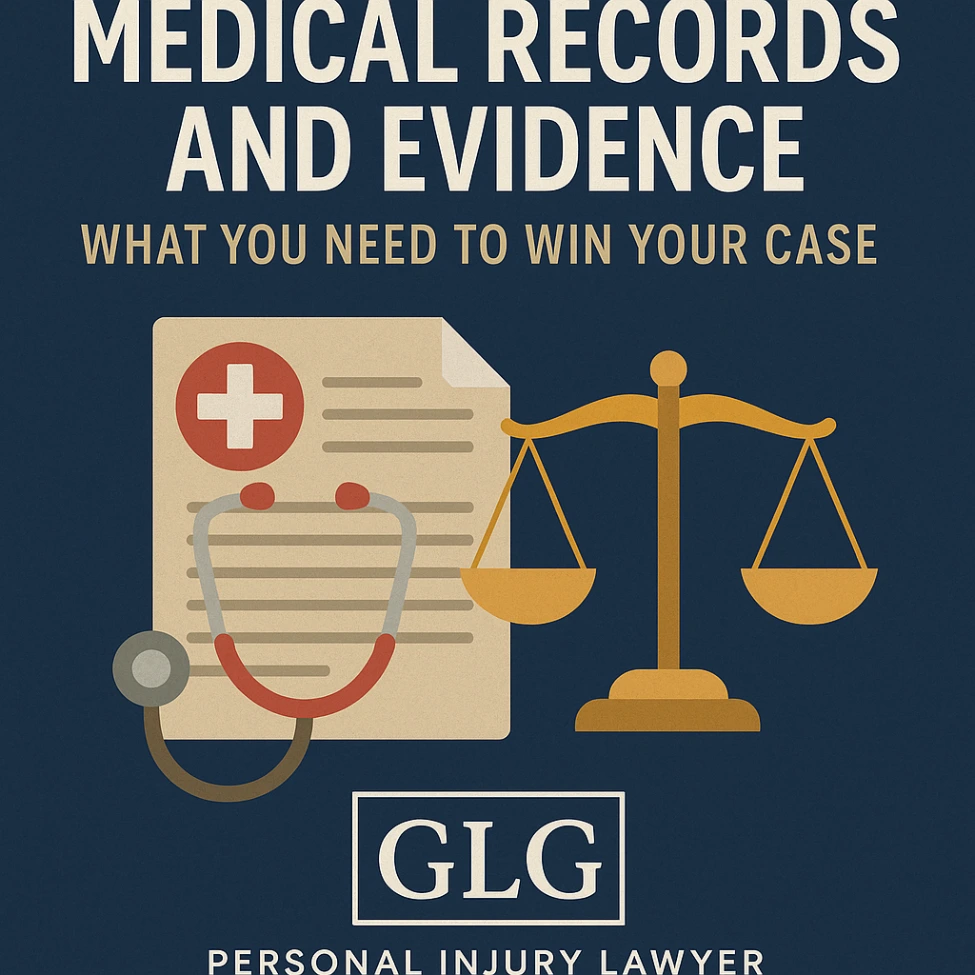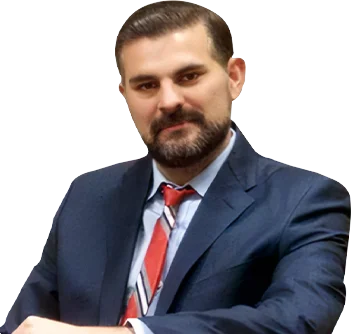When pursuing a personal injury claim in Phoenix, Arizona, the strength of your case heavily relies on the quality and completeness of your medical records and supporting evidence. These documents serve as the foundation for demonstrating the extent of your injuries, the treatments you’ve undergone, and the impact on your daily life. Without comprehensive medical documentation, establishing the connection between the accident and your injuries becomes challenging, potentially jeopardizing your claim. In this guide, we’ll delve into the critical role of medical records and evidence in personal injury cases and how they can influence the outcome of your claim.
Understanding the Importance of Medical Records in Personal Injury Cases
- Why Medical Records Matter
- Types of Medical Records to Collect
- Challenges in Obtaining Medical Records
- How an Attorney Can Assist
- Contact GLG Personal Injury Lawyer
Why Medical Records Matter
Medical records are pivotal in personal injury cases for several reasons:
- Documenting Injuries: They provide an objective account of the injuries sustained, treatments administered, and the prognosis.
- Establishing Causation: They help link the injuries directly to the accident, countering claims that injuries were pre-existing.
- Demonstrating Impact: They illustrate how the injuries have affected your daily life, work, and overall well-being.
Types of Medical Records to Collect
To build a robust case, consider gathering the following medical documents:
- Emergency room reports detailing initial assessments.
- Physician and specialist notes outlining diagnoses and treatment plans.
- Diagnostic test results such as X-rays, MRIs, and CT scans.
- Physical therapy and rehabilitation records.
- Prescription records indicating medications prescribed.
Challenges in Obtaining Medical Records
While essential, acquiring complete medical records can be challenging due to:
- Privacy Regulations: HIPAA laws require proper authorization to release medical records.
- Incomplete Documentation: Some records may be missing or lack detailed information.
- Delays: Healthcare providers may take time to process record requests.
How an Attorney Can Assist
Engaging a seasoned Phoenix personal injury lawyer can alleviate these challenges by:
- Ensuring timely and complete acquisition of medical records.
- Interpreting medical documents to build a compelling case.
- Negotiating with insurance companies using solid medical evidence.
Contact GLG Personal Injury Lawyer
If you’ve been injured and need expert legal assistance, reach out to GLG Personal Injury Lawyer:
Firm Name: GLG Personal Injury Lawyer
Phone: 602-992-7642
Email: legal@glgaz.com
Address: 2600 North 44th Street, Suite 107, Phoenix, AZ, 85008
Attorney: Brendan Gallagher



